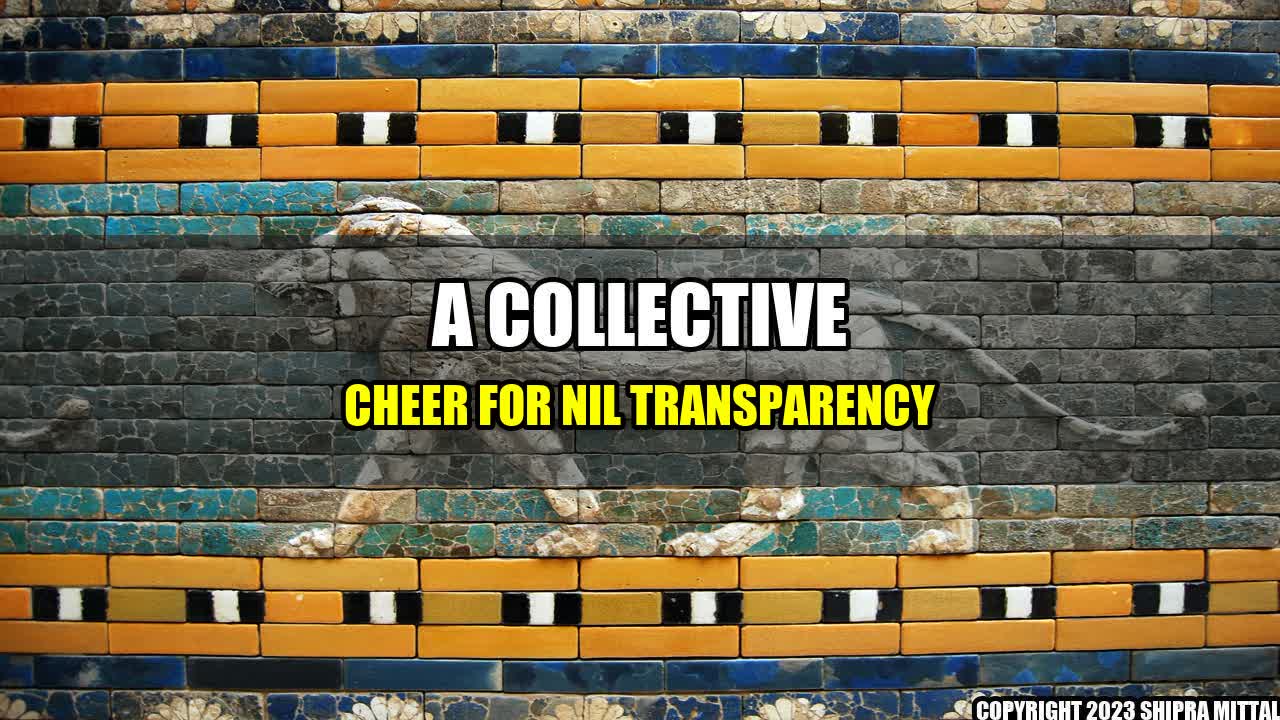Picture this: a student-athlete has been approached by a brand for a potential partnership. After some negotiation, an agreement is reached, and the athlete signs on to endorse the company's products. The deal is later announced on social media, with a hashtag that suggests the athlete is a big fan of the brand. Fans and followers of the athlete see this post and assume that the endorsement is genuine, and that the athlete truly loves the products they're promoting.
But what if the athlete's motivation for signing the deal wasn't purely based on their admiration for the brand? What if they were offered a financial incentive? And what if that incentive wasn't disclosed to their followers?
This is the reality of name, image, and likeness (NIL) deals in college sports. As the NCAA moves towards allowing student-athletes to profit off their own NIL, transparency and disclosure have become hot-button issues.
The Importance of Disclosure in NIL Deals
Without proper disclosure, fans and followers can be misled into thinking that an athlete's endorsement is based on genuine admiration, when in reality it may have been influenced by financial gain. And while it's understandable that athletes would want to cash in on their popularity, failing to disclose the details of a NIL deal can have serious implications.
For example, imagine that a student-athlete signs a deal with a supplement company. They promote the product to their followers, who are largely made up of impressionable young people. They don't disclose that they were paid to do so. As a result, some of their followers may purchase the supplement based on the athlete's endorsement, without understanding the potential risks and side effects. If something were to go wrong, the athlete and the company could be held liable for misleading advertising.
On a more personal level, lack of disclosure can erode trust between an athlete and their fans. If it's revealed that a beloved athlete was paid to endorse a product without disclosing it, their fans may feel betrayed or misled. This can damage the athlete's reputation and hurt their future earning potential.
Disclosure in Action
The importance of disclosure can be seen in recent examples of NIL deals, where athletes and brands have made a point of being transparent about their partnerships. For example, when basketball player Jalen Suggs announced his partnership with Nike, he did so with the hashtag #Ad, making it clear that the post was sponsored content.
Suggs' transparency was praised by fans and industry professionals alike. By being upfront about the fact that the post was an advertisement, he avoided any potential confusion or mistrust among his followers. And by setting a positive example, he may have encouraged other athletes to do the same.
Another example is Olympic gymnast Simone Biles, who recently announced a partnership with Athleta. In her announcement post, she included a caption that explained what Athleta was, and what the partnership would entail. She also used the hashtag #ad, again making it clear that the post was sponsored content. This level of transparency was again well-received by fans and industry professionals.
The Future of NIL Deals
As the NCAA moves towards allowing student-athletes to profit off their own NIL, it's likely that we'll see more athletes partnering with brands and promoting products. But as this happens, it's important that athletes and brands prioritize transparency and disclosure.
Here are three key takeaways:
- Disclosure is essential. Athletes should always disclose when a post is sponsored content, whether it's on social media, in an interview, or elsewhere. This can prevent confusion and protect against potential legal issues.
- Honesty is the best policy. Athletes should only partner with brands and products they truly believe in. If they're endorsing a product solely for financial gain, it's unlikely to be well-received by fans.
- Transparency builds trust. By being open and honest about their partnerships, athletes can build trust with their followers and maintain a positive reputation.
Conclusion
Name, image, and likeness deals are a new frontier in college sports. But as athletes begin to explore this territory, it's essential that they prioritize transparency and disclosure. By being honest about their partnerships, athletes can protect themselves legally, build trust with their fans, and set a positive example for the rest of the sports world.

Akash Mittal Tech Article
Share on Twitter Share on LinkedIn